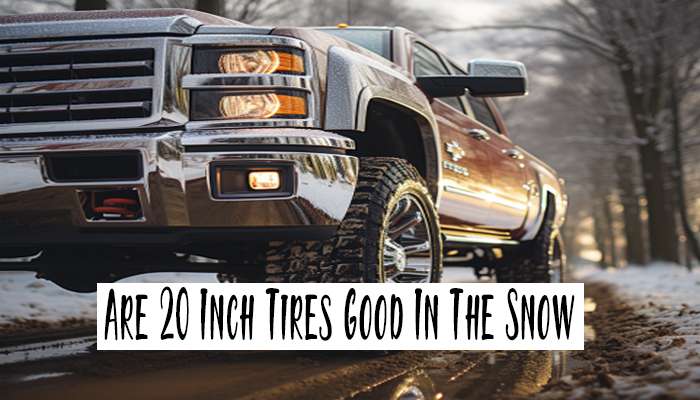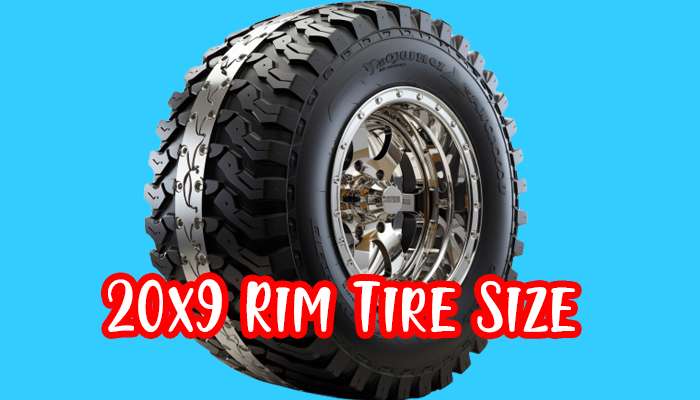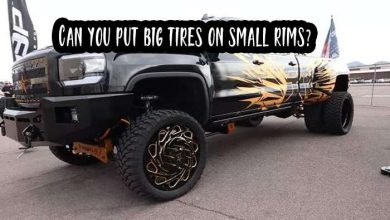CrossClimate 2 vs Winter Tires: Which Is Right for You?
Welcome to the tire showdown of the century! If you’re scratching your head trying to figure out whether CrossClimate 2 tires or winter tires are the right choice for your vehicle, you’ve come to the right place.
I’m here to share my expertise on all things tires and rims so you can make an informed decision that keeps you safe on the road. Read my recent post- What Could Cause Car Sounds Like It Has A Flat Tire But Doesn’t?
Understanding CrossClimate 2 Tires
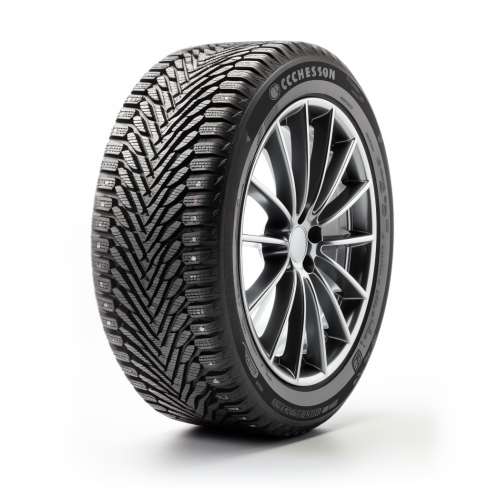
Let’s kick things off by getting to know the CrossClimate 2 tires. These aren’t your ordinary tires; they’re engineered for versatility and top-notch performance. With CrossClimate 2 tires, you get the best of both worlds – the grip of summer tires and the traction of winter tires. Here’s why they stand out:
- All-Weather Master: CrossClimate 2 tires are designed to handle a wide range of weather conditions, from scorching summer heat to the icy chill of winter. This means you don’t have to change your tires with the seasons, saving you time and money.
- Innovative Tread: The secret sauce behind the CrossClimate 2’s impressive performance is its unique tread pattern. It provides exceptional grip on wet and dry roads and gives you the confidence to tackle light snow.
- Longevity: These tires are built to last. CrossClimate 2 tires boast a longer lifespan than traditional summer or winter tires, which means fewer replacements and more savings in your pocket.
In a nutshell, CrossClimate 2 tires are the Swiss Army knives of the tire world – ready for whatever Mother Nature throws your way.
Read more: Can I Use T Rated Tires Instead of H?
Understanding Winter Tires
Now, let’s dive into the world of winter tires. These specialized tires are designed to excel in the harshest cold-weather conditions. Here’s what you need to know about them:
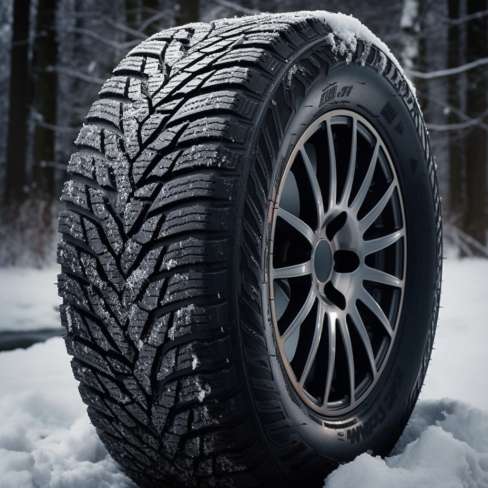
- Snow and Ice Dominance: Winter tires are engineered with a specific rubber compound that stays pliable in cold temperatures. This ensures superior grip on icy and snow-covered roads, making them a must-have in extreme winter conditions.
- Deep Treads: Winter tires feature deep, aggressive treads that bite into snow and slush. This design enhances traction and minimizes the risk of skidding, keeping you in control even when the weather takes a turn for the worse.
- Safety First: If you prioritize safety during winter, winter tires are your best bet. They significantly reduce braking distances on slippery surfaces, which could be a lifesaver when encountering unexpected hazards.
Winter tires are like the winter warriors of the tire world, ready to battle the cold and conquer icy roads.
CrossClimate 2 vs Winter Tires: A Head-to-Head Comparison
Let’s break it down and pit these tire titans against each other in a head-to-head battle. To make it easier to digest, here’s a handy comparison table:
| Feature | CrossClimate 2 Tires | Winter Tires |
|---|---|---|
| Versatility | Excellent | Limited to Winter |
| Tread Pattern | All-Weather Design | Deep, Aggressive |
| Cold Weather Performance | Good | Excellent |
| Snow and Ice Traction | Decent | Outstanding |
| Lifespan | Longer | Seasonal |
| Convenience | Year-Round Use | Seasonal Swaps |
Now, let’s dig a bit deeper into each of these aspects:
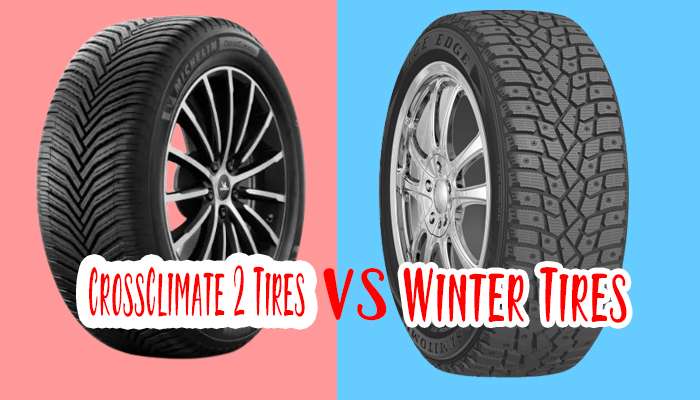
- Versatility: CrossClimate 2 tires are the jack-of-all-trades, suitable for year-round use. Winter tires are specifically designed for cold weather conditions and are less versatile.
- Tread Pattern: CrossClimate 2 tires have a balanced all-weather tread, while winter tires boast deep and aggressive treads for snow and ice.
- Cold Weather Performance: Winter tires excel in cold temperatures, providing superior traction and handling. CrossClimate 2 tires perform well but may not match the cold-weather prowess of winter tires.
- Snow and Ice Traction: Winter tires are unbeatable for snow and ice. They offer outstanding grip and control, making them a go-to choice for extreme winter conditions.
- Lifespan: CrossClimate 2 tires have a longer lifespan, which means fewer replacements. Winter tires, on the other hand, are used seasonally and may need more frequent changes.
- Convenience: CrossClimate 2 tires offer the convenience of year-round use, eliminating the need for seasonal tire swaps. Winter tires are meant for winter use only.
Considerations for Your Specific Needs
Now that you have a clear picture of the key differences between CrossClimate 2 tires and winter tires, it’s time to consider your specific needs. Here are a few factors to weigh in:

- Climate: Investing in dedicated winter tires is smart if you live in an area with harsh, prolonged winters and frequent snowfall. However, if you experience milder winters with occasional snow, CrossClimate 2 tires might be more practical.
- Driving Habits: Consider how and where you drive. If you often encounter snow and ice-covered roads, winter tires are essential for your safety. CrossClimate 2 tires are great for urban commuters who face a mix of weather conditions.
- Budget: CrossClimate 2 tires offer cost savings in the long run due to their longer lifespan and year-round use. Winter tires, while crucial for safety, require an additional investment.
- Storage: If you opt for winter tires, you’ll need storage space for your off-season set.
- Legal Requirements: Check your local laws regarding winter tire usage. Some regions mandate the use of winter tires during specific months.
Frequently Asked Questions
Do CrossClimate 2 Tires Perform Well in Snowy Conditions?
CrossClimate 2 tires offer decent performance in snowy conditions thanks to their versatile tread pattern. While they may not match dedicated winter tires’ snow and ice traction, they provide a reasonable grip and control in light snow. However, winter tires remain the safer choice for areas with heavy snowfall.
Can I Use Winter Tires Year-Round?
It’s not advisable to use winter tires year-round. Their specialized rubber compound is designed for cold temperatures and can wear out quickly in warmer weather. Plus, their deep treads can reduce fuel efficiency and handling on dry roads. Switch to all-season or CrossClimate 2 tires for optimal tire performance and safety when the weather warms up.
Are There Any Legal Requirements for Winter Tires?
Legal requirements for winter tires vary by region. Some areas mandate using winter tires during specific months or in certain weather conditions. Check your local regulations to ensure compliance and avoid potential fines.
How Do CrossClimate 2 Tires Compare to All-Season Tires?
CrossClimate 2 tires offer a middle-ground option between all-season and winter tires. They provide better snow and ice performance than all-season tires, making them suitable for regions with occasional winter weather. However, dedicated winter tires still reign supreme regarding cold-weather traction and safety for areas with harsh winters.
Conclusion
There’s no one-size-fits-all answer in the showdown between CrossClimate 2 tires and winter tires. Your choice should align with your unique driving conditions, budget, and preferences. Both options have their merits, so evaluating what matters most to you is essential.
Remember, safety should always be a top priority. If you live in an area with severe winters, don’t compromise on the effectiveness of winter tires. On the other hand, if you want year-round convenience and cost savings, CrossClimate 2 tires may be the way to go.
Reference Link
https://www.michelinman.com/auto/tires/michelin-crossclimate2
Glossary
- Tread Pattern: The design of grooves and channels on a tire’s surface affects its grip and performance in various conditions.
- Rubber Compound: The specific blend of rubber used in a tire’s construction, formulated for optimal performance in certain temperatures.
- Traction: The ability of a tire to grip the road surface, influencing handling and control.
- Fuel Efficiency: The measure of how efficiently a vehicle uses fuel, affected by tire choice and condition.
